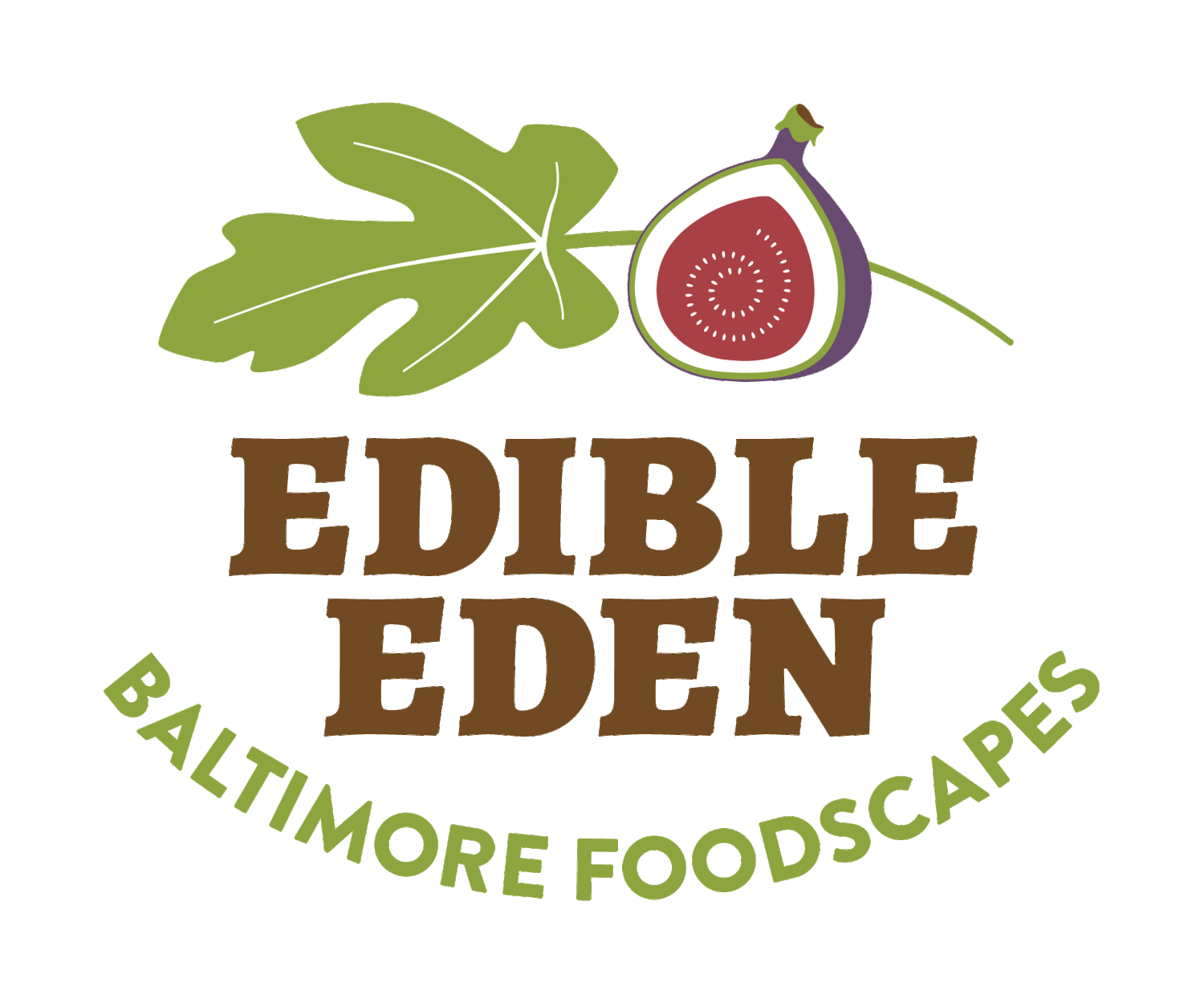Here at Edible Eden we are always learning about and discovering great edible landscaping plants. At the moment I am mesmerized by common Sage (Salvia Officinalis). I’ve known that Sage was great to cook with and really shines when fried in butter until crispy and crumpled over butternut squash ravioli - not to mention in a bread stuffing or in most mushroom dishes. And I knew it was attractive; the plant’s name is synonymous with that dusky blue green foliage that adds so much contrast and depth to any planting. But who knew it was so beautiful when it flowered?
In the hills of the Galilee where it grows wild it is known as a general cure-all: from digestive disorders to headache. According to the interwebs, scientific tests have shown it to improve alertness, memory and mood to name just a few of its medicinal powers. Sage flowers are also attractive to honeybees and other native bees. So even though Salvia officinalis is an old-world immigrant to our climate, it certainly pays it’s dues supporting the local wildlife!
Here is a plant that really fulfills the permaculture principle of ‘stacking functions’: one plant and it’s food, medicine, bee fodder, tea, and ornamental all at the same time! Don’t forget that sage comes in variegated, pineapple scented, and various other iterations along with the usual blue-green. (The salvia family-part of the mint family-is actually huge and has cousins of all hues all over the world).
Thyme is another woody perennial with both culinary and ornamental uses and boy do they look good together: use the thyme in between rocks or as ground cover just in front of the Sage. The Thyme also gets covered in (much more humble but also beautiful) tiny pink flowers in the spring. If nothing else, between the two of them they provide half the herbs you need to cook a turkey!


